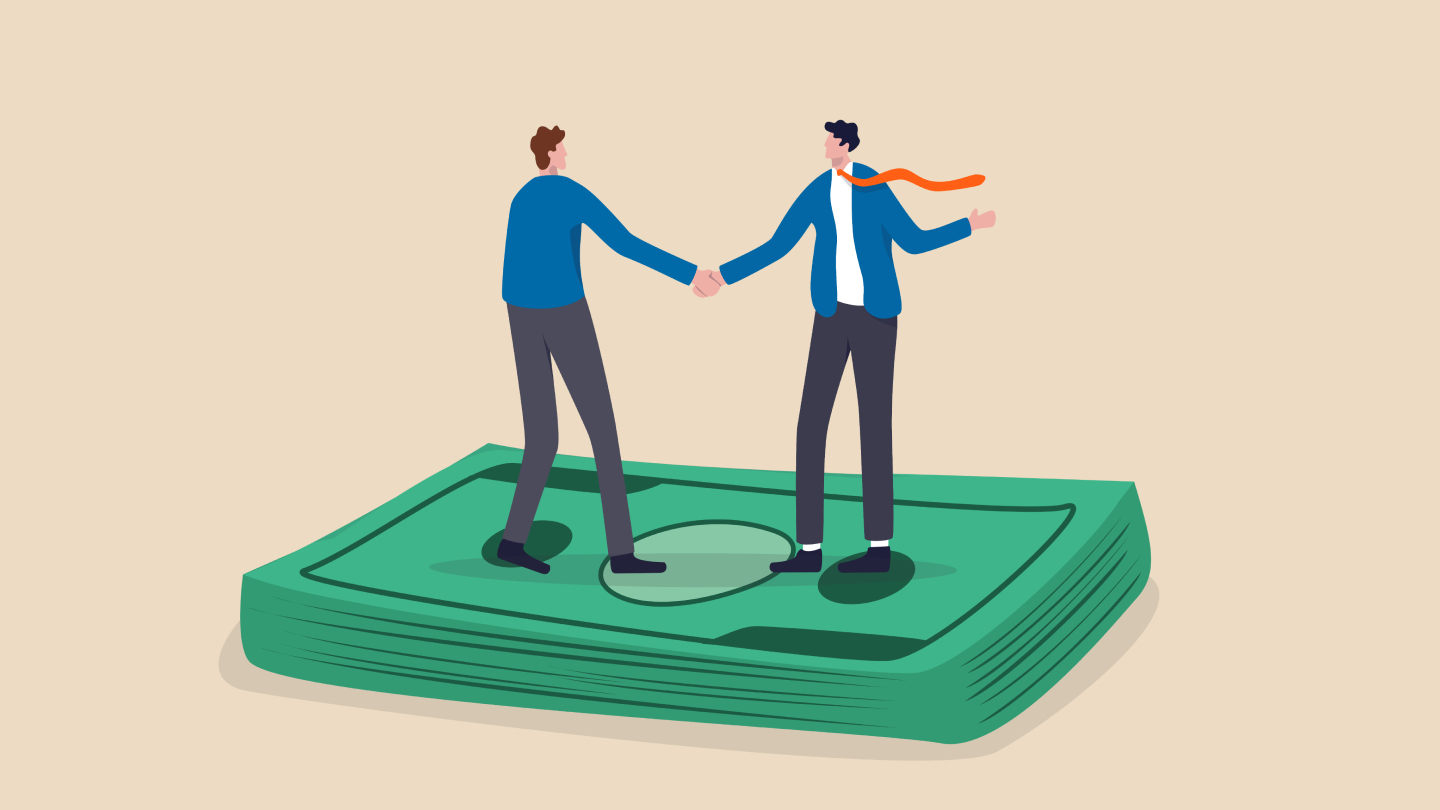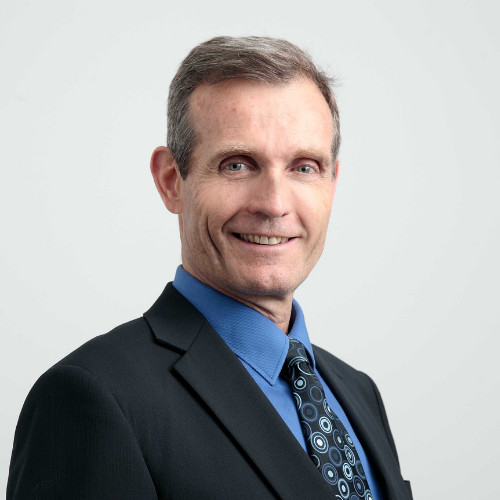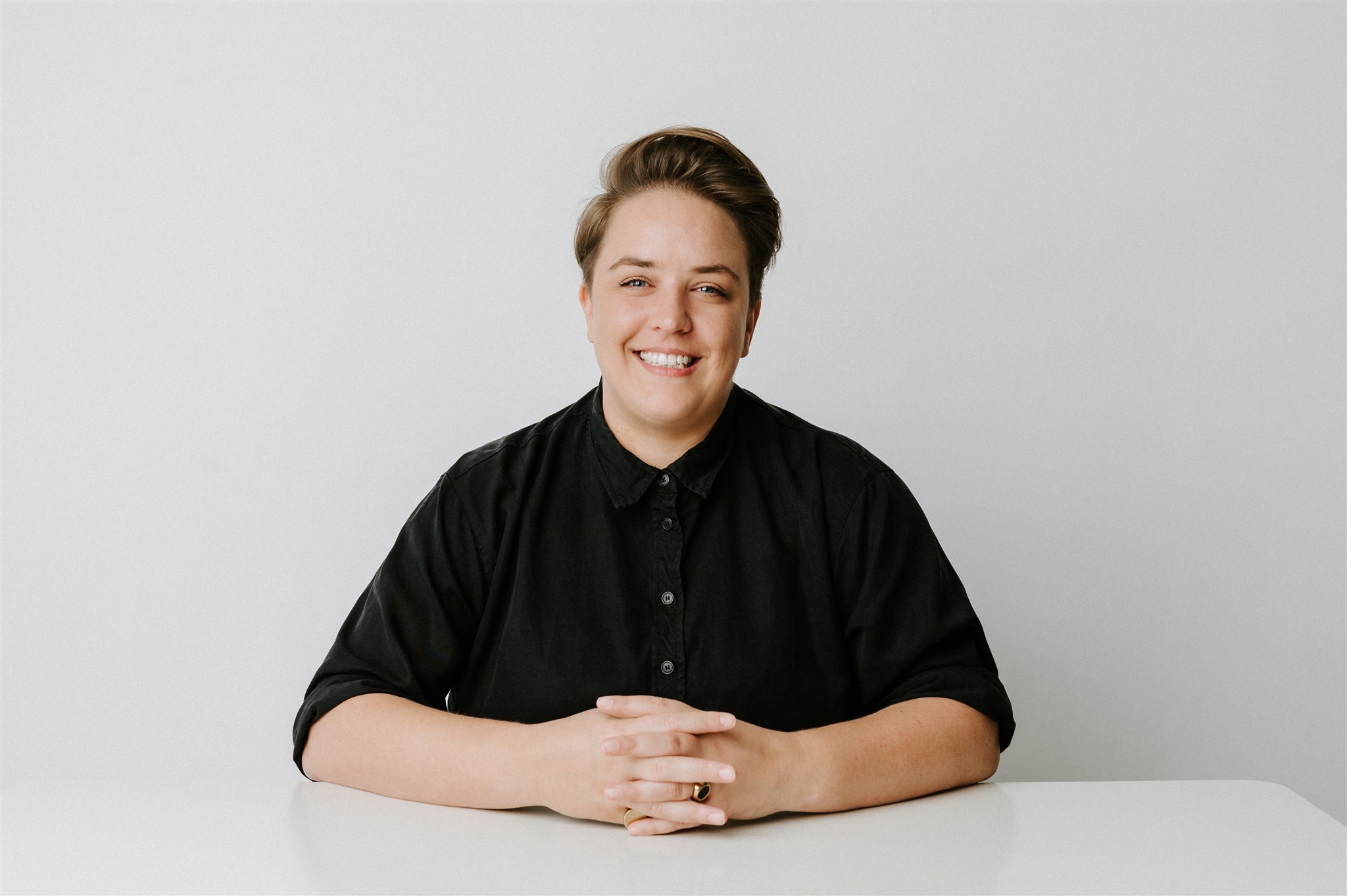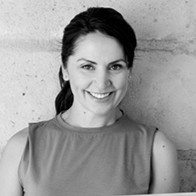Are you happy?
How many times have you been asked that? And what does it really mean? After all, you can be happy one minute, sad the next. Or happy with something in your personal life but not happy at work. And isn’t everyone’s happiness different? If so, how do we measure our own happiness?
One person seems to have nailed happiness more than anyone I know. His name is Eddie Jaku. Eddie died in Sydney a few weeks ago at the age of 101. When he turned 100 he wrote his memoirs titled: ‘The Happiest Man on Earth’.
The interesting part about Eddie’s journey to happiness is he was a holocaust survivor yet still he said: “Despite the horrors I witnessed in the concentration camps I am the happiest man alive”.
Eddie lost both his parents in Auschwitz, without a chance to say goodbye, he later escaped a death march from Auschwitz and hid in a forest for months surviving on slugs and snails before being rescued by American soldiers.
So what are Eddie’s secrets to happiness?
For him it is all about choice: “Life is what you want it to be, life is in your hands. You know happiness doesn’t fall from the sky. It’s in your hands. You want to be happy? You can be happy.“
He should know. When he was rescued he made a conscious decision that his best form of revenge would be to live and enjoy life.
In a TED Talk in Sydney a few years ago titled ‘A Holocaust Survivor's Blueprint for Happiness', Eddie offered some simple but sage pieces of advice including slowing down, savouring each day, inviting loved ones for meals, going for a walk, leaning on friends in good times and bad, etc.
Eddie refused to let loss or hate consume him, in his words: “Hate is a disease which may destroy your enemy but will also destroy you in the process.”
It reminds me of one of my heroes, Nelson Mandela, who, after being imprisoned for 27 years was asked whether he hated his captors, his response:
“No one is born hating another person because of the colour of his skin, or his background, or his religion. They must learn to hate, and if they can learn to hate, they can be taught to love, for love comes more naturally to the human heart than its opposite.”
He also said: “Forgiveness liberates the soul, it removes fear. That’s why it’s such a powerful weapon.”
Eddie believed his good health was 100 per cent a result of his positive and healthy attitude.
What I love about Eddie’s philosophy is its simplicity. But his focus on happiness truly kicked in after the birth of his first son, Michael: “I made a promise to the end of my life to be happy, polite, helpful and kind”.
In his TED Talk, he makes a comment on the young people of today: “Young people today forget to stop. They’re constantly running but they’re not sure where they are running to”.
For all of us, Eddie has this advice: “Tomorrow will come but first enjoy today”.
Someone who has studied happiness around the world is Dr Martin Seligman. Dr Seligman is often referred to as the Dr of Happiness. He is a pioneer of Positive Psychology and has used a scientific method to explore happiness.
What did he find? The most satisfied, upbeat people are those who discovered and exploited their unique combination of ‘signature strengths’ such as humanity, temperance and persistence.
Seligman concluded happiness can be cultivated and has three dimensions: the Pleasant Life, the Good Life, and the Meaningful Life.
- The Pleasant Life is when we learn to savour and appreciate basic pleasures such as companionship, the natural environment and our bodily needs.
- The Good Life is achieved by discovering our unique virtues and strengths, and then using them to enhance our lives.
- The Meaningful Life is when we find a deep sense of fulfilment by employing our unique strengths for a purpose greater than ourselves. In other words, we take a more altruistic approach downplaying our individuality by making personal sacrifices for a greater purpose.
Eddie Jaku epitomised this for much of his life; his greatest joy was sharing his happiness secret sauce with others so it may help us be happy.
So, to Eddie, I say RIP&H (Rest in Peace and Happiness).
Latest.

Is there a good time to look for a job?
Job Seeker

In a tough job market, building your personal brand on LinkedIn isn’t optional.
Job Seeker

How to confidently discuss & negotiate your salary.
Job Seeker, Ask Aquent



